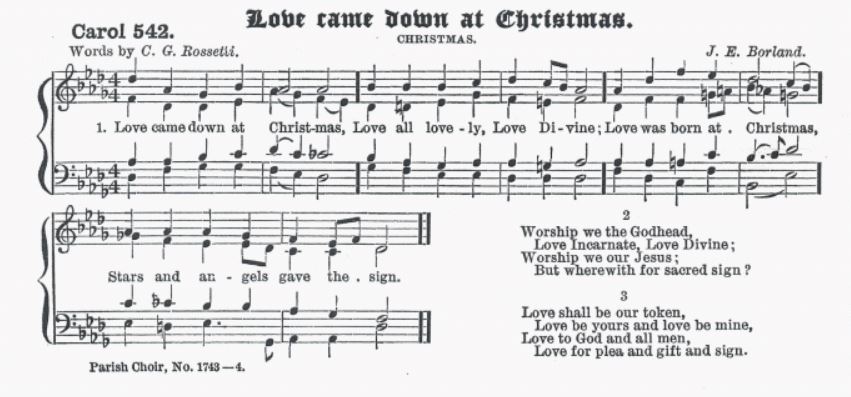
Six months ago the Lilly Scholars and their congregations began a journey: the Lilly Peer Learning Project in Worship and Music at The Church Music Institute. Rev. Dr. Tim Shapiro of the Center for Congregations, Indianapolis, started the journey with three questions:
1. “What music speaks deeply to you?”
2. “What memory does it stir?”
3. “How does that memory connect to one of your deepest held values?”
These questions continue to make us think about how music works in worship. It is not the music itself, but the role music plays in connecting us to our deep spiritual selves and God that is so important. Music, when used well, can be a means to the transcendent life for which we yearn.
The U.S. marketplace has figured out how to use music for business outcomes. We hear seasonal music very early. Music is used to stir thoughts of the upcoming holiday, to cheer, to encourage happy shoppers. While the church wants more than a commercial use for music, we have a treasure we have only begun to explore, to “use” in the best sense.
Fr. Richard Rohr, in his devotional book Preparing for Christmas, notes our avoidance of the lectionary and the power of Scripture to change us and call our ego into question. The Word of God “confronts, converts and consoles us—in that order. The suffering, injustice and devastation on this planet are too great now to settle for any infantile gospel or any infantile Jesus.”
The church has always turned to music to carry its most powerful ideas and moments. Music transports Scripture through all the range of emotion and human experience. For centuries composers have been moved by texts to set in new and different ways, accumulating a treasury of repertoire. If the marketplace can use music, why not the church?
Rushworth Kidder traveled the world prior to the beginning of the 21st century to determine there are eight universal values that create moral conditions to sustain humanity. Interestingly, these values were common to cultures spanning the globe: love, truthfulness, fairness, freedom, unity, tolerance, responsibility, and respect for life. They are similar to values established by Ernest Boyer for the Basic School, a model for elementary schools developed by the Carnegie Foundation for the Advancement of Teaching. These values are reflected in Galatians 5:22 where we read the fruit of the Spirit is love, joy, peace, patience, kindness, generosity, faithfulness (NRSV).
Ah, the introduction of LOVE. What Christmas is really about is LOVE, God’s greatest gift in the person of Christ.
Getting back to Tim Shapiro’s final question: what Christmas music connects you to what you love? Will this love change you and the world around you? How will you experience and make music this season? What memories of deeply held values will music stir?
In the words of Shakespeare: “. . .when LOVE speaks, the voice of all the gods makes heaven drowsy with the harmony”. . .Biron: Love’s Labour’s Lost, IV, iii.
In the words of Christina Rosetti:
Love came down at Christmas,
love all lovely, Love divine;
Love was born at Christmas;
star and angels gave the sign.
Worship we the Godhead,
Love incarnate, Love divine;
worship we our Jesus,
but wherewith for sacred sign?
Love shall be our token,
love be yours and love be mine;
love to God and others,
love for plea and gift and sign.
I hope the music of Christmas will bring God’s love to you in new ways. Merry Christmas!
Charlotte Kroeker, Ph.D.
Executive Director
Church Music Institute
December, 2018
*With thanks for inspiration from Jennifer Boylan for her December 12 New York Times article, “Why Christmas Is About Food.”